Articles by Anna Azvolinsky

Using in vitro techniques and mouse models, scientists at the University of Chicago Department of Medicine and colleagues have demonstrated that downregulation of PTEN in epidermal keratinocytes predisposes skin to ultraviolet B (UVB)-induced tumorigenesis.

Scientists at the University of British Columbia have found that histone-modifying genes are often mutated in non-Hodgkin’s lymphoma (NHL).

Scientists at the NCI have designed a novel protein, HER2-Affitoxin, aimed to treat HER2-positive breast cancer. In vitro experiments and mouse breast cancer models show that the agent is highly effective in eradication of HER2-over expressing cancer cell as well as tumors in mice.

Many doctors do not properly adhere to current guidelines for offering breast and ovarian cancer counseling and testing services to their female patients, according to a new study from the Division of Cancer Prevention and Control at the CDC.

The NCI has released the results of the almost 10-year National Lung Screening Trial (NLST), which compared two lung cancer-detecting techniques: low dose computed tomography (CT), known as spiral CT, and standard chest X-ray.

Results from a prospective study of 1023 newly-diagnosed HER2-positive metastatic breast cancer patients show that treatment with trastuzumab (Herceptin) and chemotherapy independently resulted in statistically significant improvement in median overall survival from the time central nervous system (CNS) metastases were diagnosed.

iKnowMed Electronic Health Record (EHR) System has received the federal government’s approval via a Complete EHR Certification. The 6.3 version of the software is owned by McKesson Specialty Care Solutions and US Oncology, and was developed by US Oncology.

A recent NCI study has shown that men have higher cancer mortality rates than do women. The study systematically extracted data from the SEER Database of the NCI, analyzing 29 years of survival statistics data (ending in 2006) from 36 different cancers across the United States.

Researchers at the Vanderbilt-Ingram Cancer Center and the Vanderbilt University School of Medicine have parsed the large and heterogeneous triple-negative breast cancer (TNBC) category of patients into 6 molecularly distinct subgroups. This may be an important step towards delineating these patients as specific genetic subtypes to channel them to appropriate targeted therapy trials.

Scientists at the University of California have taken patient tumor samples and compared them to matched normal tissue samples for two cancer types to map the evolution of mutations in cancer progression.

A study in the AACR journal Cancer Prevention Research, has shown evidence that celecoxib, a cyclooxygenase-2 (COX-2) inhibitor, may be a potent chemopreventive agent for lung cancer.

In a recent perspective in the New England Journal of Medicine, Richard E. Rieselbach, M.D and Arthur L. Kellerman, MD, MPH have written a proposal for how to save the community health centers (CHCs) that treat the majority of Medicaid patients from cost-cutting actions by states that need to cut their budgets.

Two large-scale phase III trials that add bevacizumab to standard chemotherapy regiments in advanced ovarian cancer have reported results at this year's American Society of Clinical Oncology (ASCO).

Results from an ongoing Phase II trial of patients with non-small cell lung cancer (NSCLC) that harbor a specific mutation in the anaplastic lymphoma kinase (ALK) gene reported at ASCO.

A study published online on May 10, 2011 in the British Journal of Cancer has shown evidence for a new prognostic factor in breast cancer: an increase in cancer stem cell population after primary systemic therapy. The study results indicate that putative cancer stem cells may be chemoresistant to conventional anthracycline-based chemotherapy and may have a role in disease progression following chemotherapy treatment.
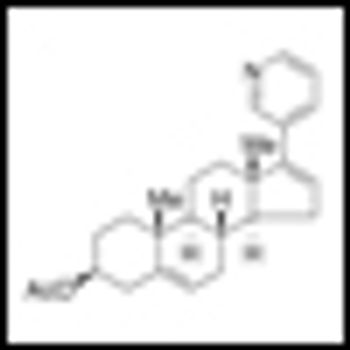
Abiraterone acetate has been shown to significantly acetate prolonged overall survival among patients with metastatic castration-resistant prostate cancer (CRPC) who previously received chemotherapy. The results of the Phase III study were published in the May 26, 2011 edition of the New England Journal of Medicine.

It will likely not come as a surprise to anyone that the cost of cancer care is on the rise, from $104 bn in 2006 to over $173 bn in 2020. The rise in cost is driven by both the increasing cost in therapy (witness the newly approved metastatic melanoma treatment that is $120,000 for a 12-week course of therapy) and the extent of care.
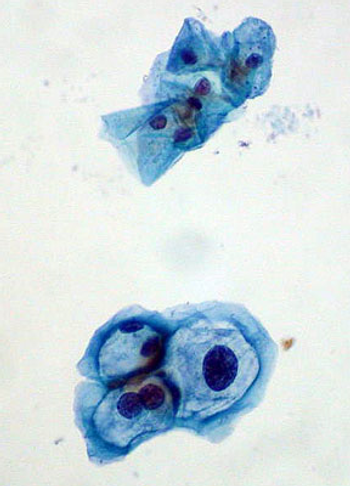
One of the highlights of the released abstracts is “Cervical cancer risk for 330,000 women undergoing concurrent HPV testing and cervical cytology in routine clinical practice” (J Clin Oncol 29: 2011 (suppl; abstr 1508). The large-scale study showed the effectiveness of human papillomavirus (HPV) testing alone or in combination with cytology testing for identifying women at high-risk for cervical cancer development.

Data from a phase II study of cabozantinib (XL184) in patients with advanced solid tumors show that the drug has activity in both bone and soft tissue. The study evaluated the efficacy and safety of cabozantinib compared to placebo in 9 different solid tumor types including breast, lung, ovarian, and prostate.

A recent study demonstrated that the novel oral Poly(ADP-ribose) polymerase (PARP) inhibitor, olaparib, provided a significant improvement in progression-free survival for women with serous ovarian cancer when used as a maintenance therapy.

In an article published online on May 9, 2011 in the Journal of Clinical Oncology, a large-scale prospective study found that acetaminophen use was associated with an almost two-fold increase risk of hematological malignancies other than chronic lymphocytic leukemia/small lymphocytic lymphoma.
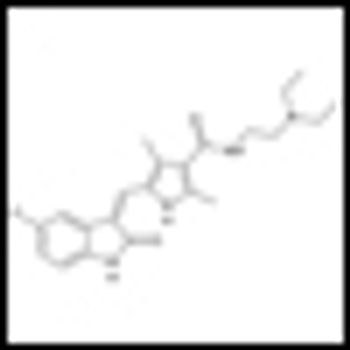
A retrospective study of metastatic renal cell carcinoma (mRCC) patients published in the journal Cancer found that patients treated with tyrosine kinase inhibitors (TKIs) had better overall survival and less-frequent metastasis to the brain.

For the second year in a row, metastatic melanoma (MM) research will be presented at the plenary session of the American Society of Clinical Oncology (ASCO) Annual meeting.

A study published in the journal Cancer on May 9 has now specifically examined the outcome of cancer survivorship of the gay, lesbian, and bisexual population. The study authors found that cancer outcomes differ based on sexual orientation.
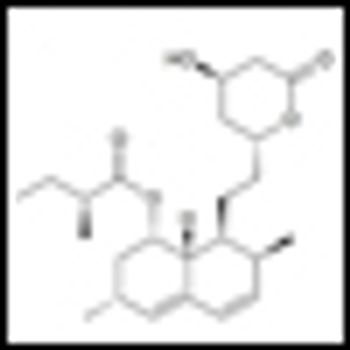
A large-scale, retrospective study published in the JNCI has now shown that men who take statins had lower incidence of total and high-grade prostate cancer compared with men who took antihypertensive medications.

Researchers from Memorial Sloan Kettering Cancer Center and the Weill Medical School of Cornell University have shown an association of epidermal growth factor receptor (EGFR) mutations among tumor samples from men and those who smoke cigarettes.

On Wednesday May 4th, the Cancer Drug Development Roundtable took place at the Ohio State University Comprehensive Cancer Center. The roundtable consisted of high-level stakeholders and the topic was the co-development of two or more experimental drugs for cancer treatment.

Gail R. Wilensky, PhD, has written an editorial on the Medicare reform that was published on April 27. 2011 in the online version of the NEJM. Professor Wilensky is an ecomomist, senior fellow at Project HOPE, and serves on Congressional committees to advise Congress on payment and other Medicare-related issues.

On April 28, the FDA announced the approval of abiraterone acetate (Zytiga) in conjunction with a steroid, prednisone, as treatment for late-stage (metastatic) castration-resistant prostate cancer patients who have received prior docetaxel.
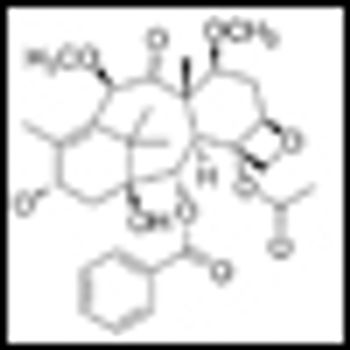
A 33-patient Phase 1/2 study in Europe published in the European Journal of Cancer has shown that a new chemotherapy combo of a novel taxoid, cabazitaxel, and capectiabine shows promise in previously treated metastatic breast cancer patients.






























